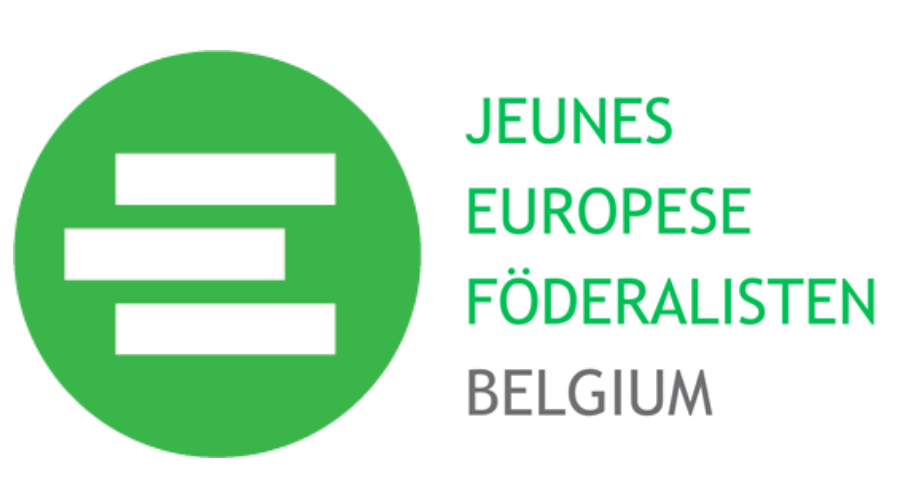European federalism? How to imagine that? What about: 35 young people, from 7 different countries, 11 days together, in one of the main cities of Europe: Berlin.
Sounds good, no?
Thanks to the help of the Ghent local section of JEF, I was able to apply for Youth in Action, a programme of the EU which gives grants to youth initiatives, together with six people from several countries around Europe. Norway, Luxembourg, Bosnia&Herzegovina, Armenia, Belgium, Greece and Germany, where the project was held. Each country delegation had one mentor, one of us, the organising team, and four participants. Everybody, including the mentors, was older than 16 and younger than 20!
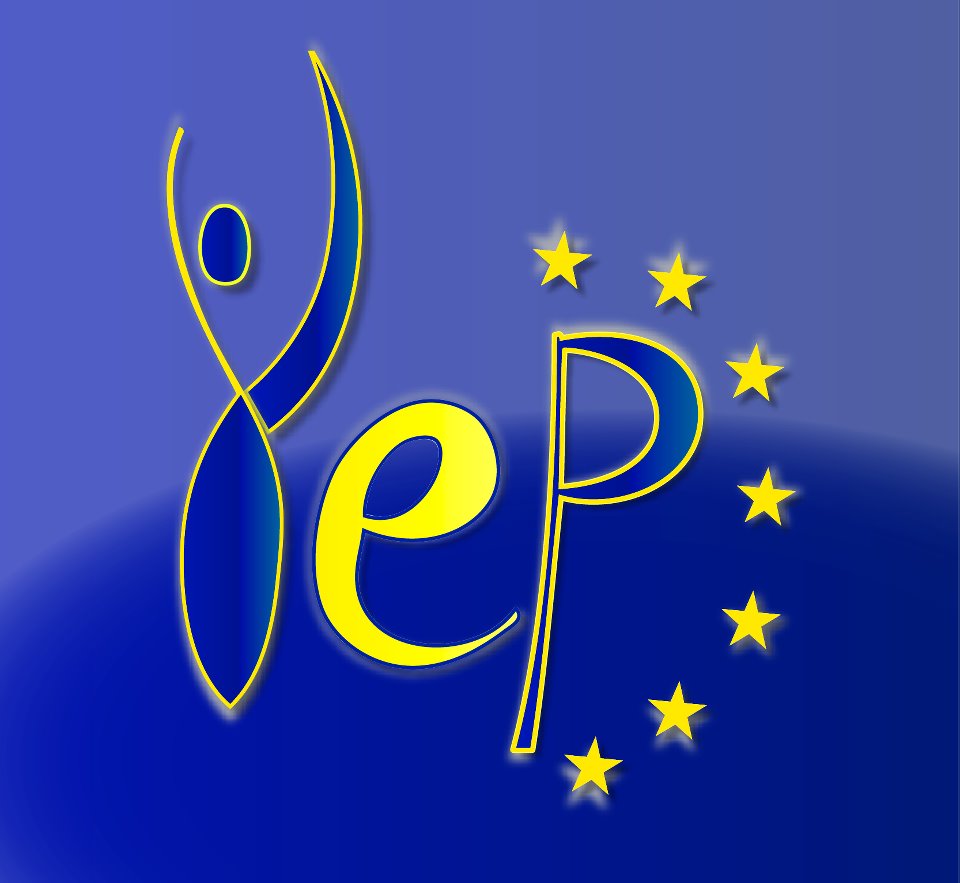 Eleven days certainly give you time to do a thing or two. Our main themes were Public Speaking and Tolerance. The first mostly based on the American author Dale Carnegie, the second perfect for a city with the history of Berlin. After a day of arrival and getting to know each other, the participants were tested on their public speaking skills. Each of them got a subject pro or contra, and five minutes preparation time. Then they had to come forward and convince the audience of their opinion. Some of them did good, some of them did bad, but everyone listened to their peers and learned from them. Instead of formal education where you have a teacher and students, here everyone corrected and helped each other, so in the end everyone’s skills improved. A presentation was given about Dale Carnegie and his views on public speaking and convincing others, followed by a second round of debating, just to see how well people integrated what they had learned.
Eleven days certainly give you time to do a thing or two. Our main themes were Public Speaking and Tolerance. The first mostly based on the American author Dale Carnegie, the second perfect for a city with the history of Berlin. After a day of arrival and getting to know each other, the participants were tested on their public speaking skills. Each of them got a subject pro or contra, and five minutes preparation time. Then they had to come forward and convince the audience of their opinion. Some of them did good, some of them did bad, but everyone listened to their peers and learned from them. Instead of formal education where you have a teacher and students, here everyone corrected and helped each other, so in the end everyone’s skills improved. A presentation was given about Dale Carnegie and his views on public speaking and convincing others, followed by a second round of debating, just to see how well people integrated what they had learned.

After a day of speaking, a full day was spent in the city of Berlin. Starting with a visit to the Holocaust Museum, beneath the impressive Mahnmal monument, and followed by a bike tour through the city, accompanied by experienced guides who brought history to life. All of this closely followed and filmed by a Euronews camera team, who reported on the project in the programme ‘Generation Y’. From the enormous Brandenburger gate, to the tiny monument of the Nazi book burning, the Berlin wall and checkpoint Charlie, we’ve seen it all. On comfortable bikes with a funny and interesting guide, we saw every little part of the city.
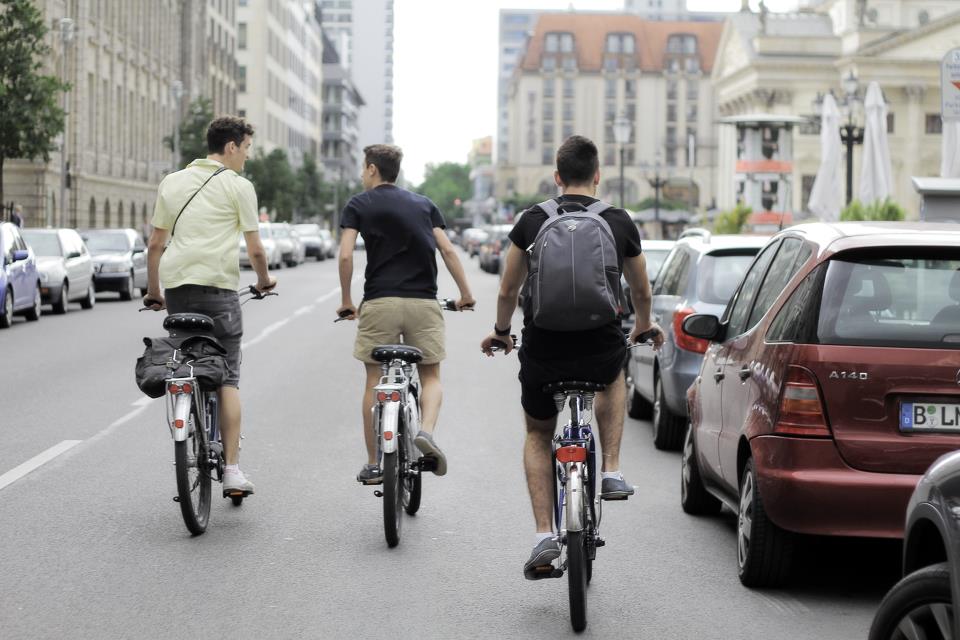
In the evening, country delegations presented their own country, their history, habits, facts and figures, … a fun way to get to know each others countries better. Only planned for one evening, the country presentations got so interesting and the questions were so many, that in the end we spent almost every evening finished the country presentations.
The next day, we went to a room of the University of Berlin and did Fairbanks Four! Everyone was placed in groups of four, had to write subjects on small papers, put them in the middle, take a paper one by one, stand up, and start speaking immediately. This to train your improvisation skills, and learn to think while you’re speaking, and speak while you’re thinking. Starting with subjects as ‘my hobbies’, the participants quickly began to challenge each other and end up with papers saying ‘windows’, ‘the rebels in East-Congo’ and much more hard, complicated, and sometimes absurd things.
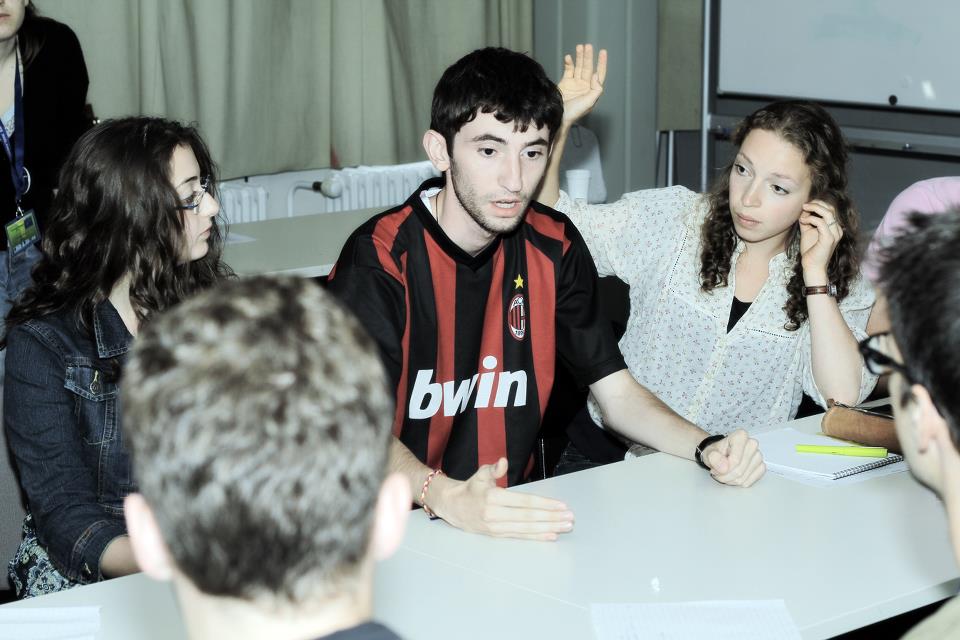
After this speaking, several religious authorities came to speak about their religion: Armenian apostolic church, Islam, Protestants, Roman Catholic, … this to introduce the subject ‘religious tolerance’. The participants were prepared for this in a workshop about tolerance in general and religious tolerance more specifically. They gave their own definition of tolerance, discussed several subjects concerning tolerance and had to come to a consensus. After this they could ask questions to the religious representatives. To close the day in an amusing way, everyone joined in for the nuclear disaster game: you are the only survivors from a nuclear war, only four can survive and each round the group has to vote to kick one person out. A great way to test your convincing skills and to see what you really consider important in society. Since everyone got a profile, some were hunters other firemen or doctors, everyone had to focus on his good sides and try and avoid his negative points. A power struggle soon began and one by one people were voted out or voted in. A great atmosphere was created and the game ended the day voted for as best one.
After some really intensive days, one free day was of use and after a visit to the Reichstag, everyone was free to do what he wants and go where he pleases. A great intermezzo in a busy schedule.
The 22nd of July had an emotional start and became a day of bonding. It was exactly one year ago that the attack on the island Utoya happened in Norway, of which one of the survivors was part of the Norwegian delegation and of which all the Norwegians knew someone who had lost their lives there. In the morning the whole YEP-group visited a commemoration service in a Norwegian church in Berlin to pay our respects to the victims. Although we were diverse in language and the majority of our participants did not understand what was said, we truly felt united. This was what our project was about: tolerance, and the self-confidence to stand up and speak out against intolerance. After a modest lunch and some games, an afternoon concerning the EU was next. The history and institutions, what the EU means for us, the crisis, … an interactive workshop about the European Union as a whole. In the evening there was an explanation of our mother- and sister projects, such as BFTF, Youth Ambassadors Summer Institute (YASI), … and also an introduction on how to built your own project via Youth in Action, which gave the impulse for several follow-up projects by our participants.
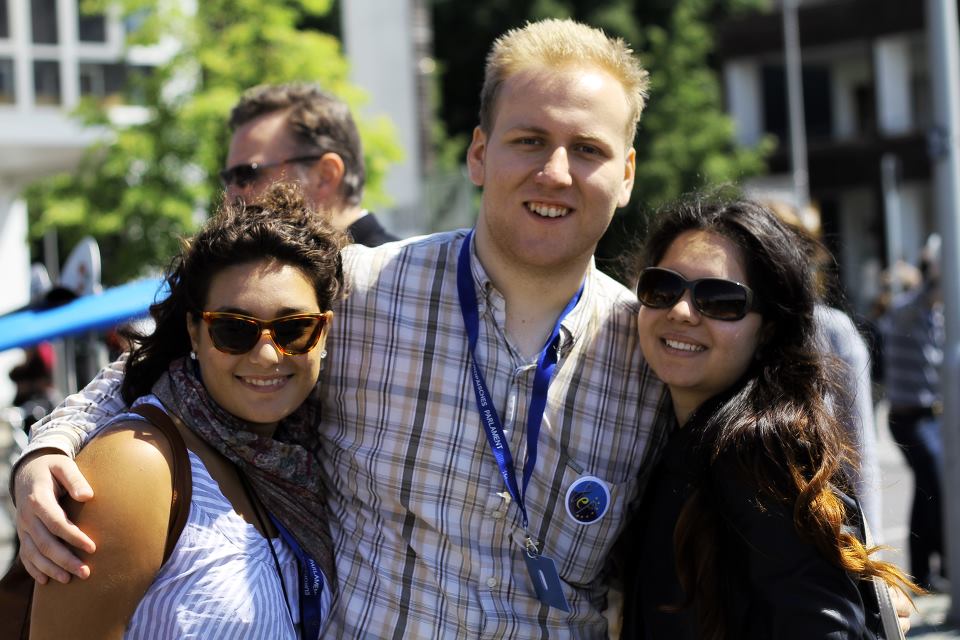
In the morning we met Miss. Sylvia-Yvonne Kaufmann, former MEP and former vice-president of the EP. A discussion about her activities in the Parliament and about the future of the EU enrolled, and had to be stopped because of the time limit. This because we had to be on time to catch our train to Hohenshönhausen, a former Stasi prison, where dissidents under the communist regime were put. A second example of the extreme result of intolerance. Led around by a former prisoner himself (in another prison), who’s grandmother had been in Hohenschönhausen (probably the most secret and cruel prison-camp of the Stasi), the cruelty of intolerant history became very tangible. To close the day, we spent our time near Museum island for the speeches of passion: 7 min speeches, which the participants had prepared about a subject they could choose and were passionate about. A great opportunity to see the progress in each one of their skills and to see every individual interest.
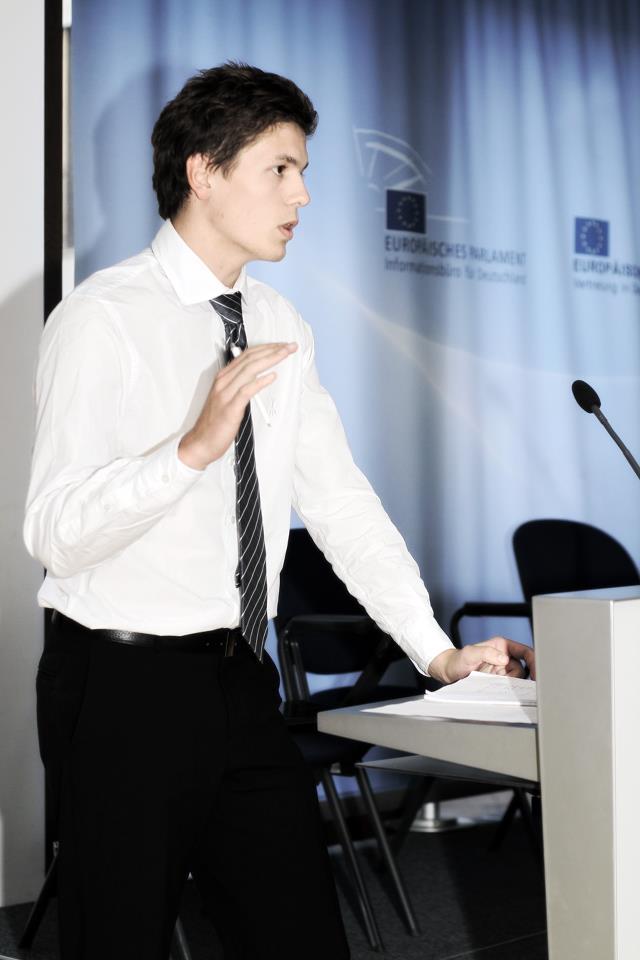
The 24th of July was a true European day: in the Europäisches Haus Berlin, a building of the EC near Brandenburger Tor, we held an EYP (European Youth Parliament) session, the whole day. There were several committees resembling the real EP committees (ENVI, ECON, EMPL, …) where a group of participants had to discuss a given topic and end up with a resolution. After a full morning of committee work, the resolution was brought to the plenary to be defended by the committee and to be, hopefully, voted for in favour. Hard discussions and negotiations filled the entire day, only to be over classed by these in the Panem game (see below). Indirectly it also taught people how the EP works and make them understand why democratic procedures sometimes take so much time.
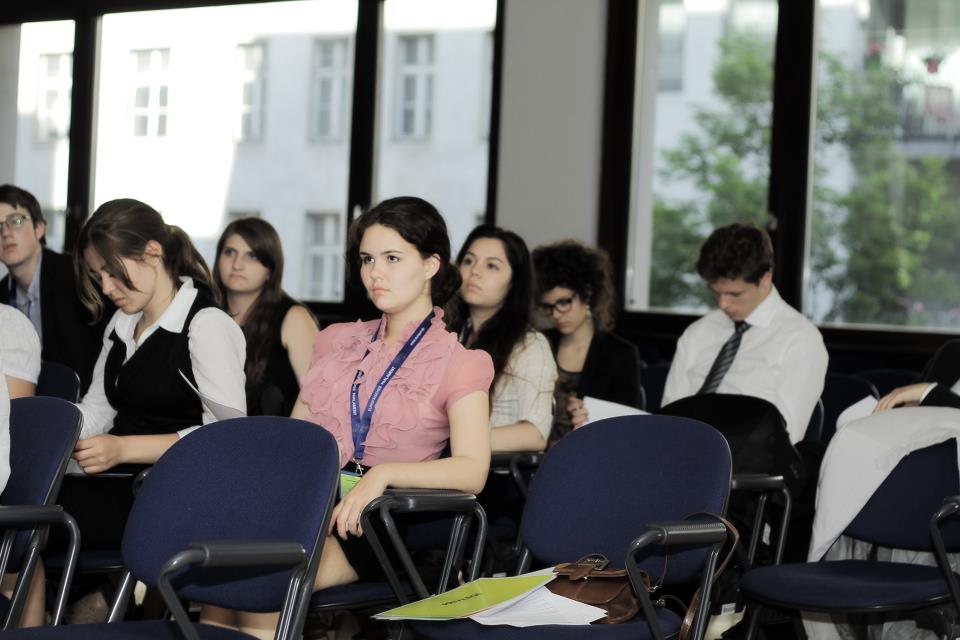
Up front Marianne Svendsen Kofoed (Mentor Norway)
To compensate such an intensive day, global village covered the evening: every delegation had prepared food typical for their country and, going from table to table, loose discussions were started, food was tasted, jokes were told, … and everybody ended up full and happy.
With the end of the project coming closer, the activities were coming to an end, and first there was a visit to the US embassy, as partner through BFTF, located directly next to the Brandenburger gate. The ambassador himself was out, but several persons of his staff gave explanations about their experiences (being a staff-member in Poland during the fall of communism for example), their work and their knowledge.
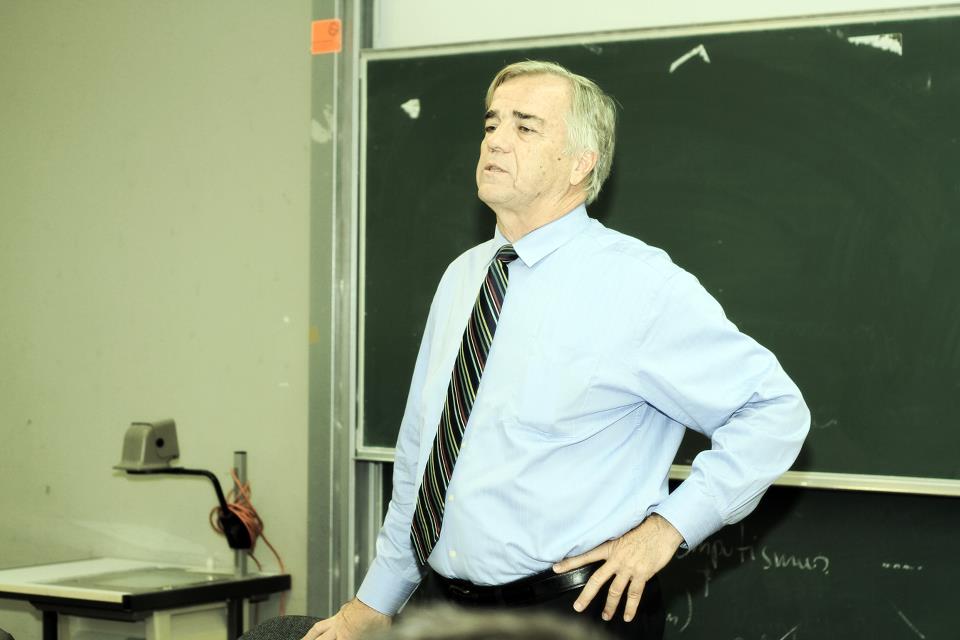
This was followed by a guest-speaker from the Pace university in NY, Larry Bridwell, professor of International Business. Topics were addressed from the economic climate in the US, to the American view on the eurocrisis and the US 2012 elections.
After a full American morning, at three o’clock we started Panem game: a simulation where four countries compete against each other for resources, money and prestige. Rolls are divided and presidents, ministers and chiefs of army all negotiate, debate, influence and convince each other: an incredibly intensive game, of which I still remember participating in its predecessor and learning a lot. Conspiracies and coups were planned, attacks and deals were made, and the course of the game finally pushed them to work together and resolve things.
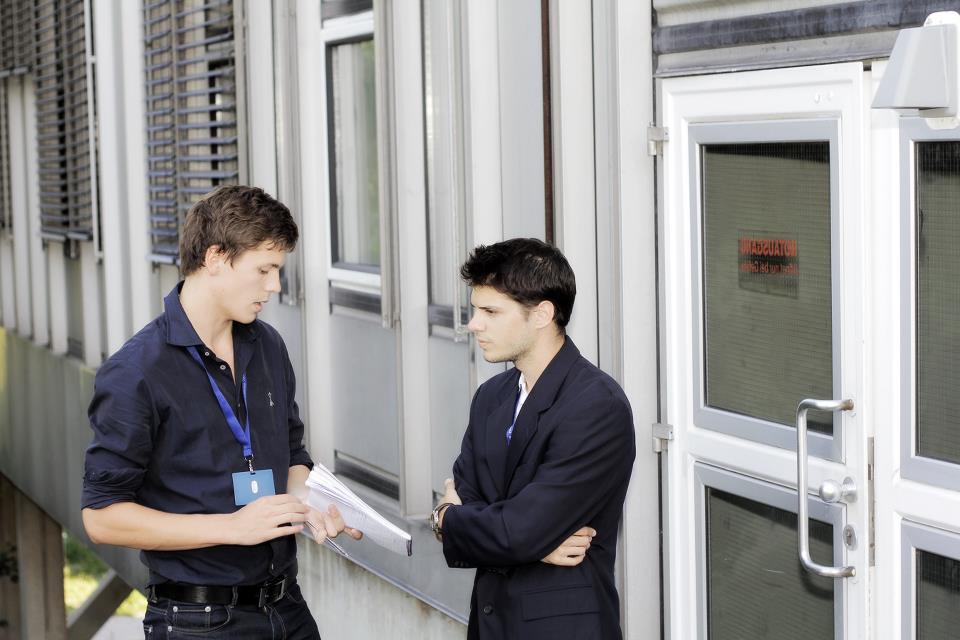
With the second part of the game the next day, the project was going to its last days. The rest of the afternoon was spent evaluating the project, enjoying the last moments together with the people who you’ve spent 11 days with, and when we went into our last night, we didn’t take a minute of sleep just to make sure we could write everyone a letter they could take with them and read at home.
Friendships were made, e-mail addresses and facebook accounts were exchanged, promises for visits were made, and even now as we speak, a Belgian has just arrived back from Norway, a Luxembourger is in Greece and Greeks have booked their flight to Oslo. This great international network has expanded just a little more, and we are one step closer to a European generation who will built their future together, creating peace, welfare and progress.
Arthur Barbé (YEP-mentorBelgium)
Website:
http://youpeers.eu/ (coming up: edition 2013!)
Mother- and sister organisations:
YIA: http://www.youthinaction.be/
BFTF: http://blogs.bftf.org/
YASI: http://yasinstitute.org/
